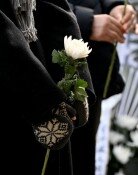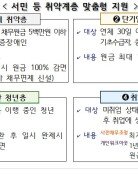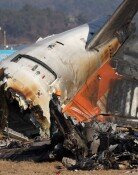'U.S. may consider reducing troops in S. Korea,' pundits say
'U.S. may consider reducing troops in S. Korea,' pundits say
Posted January. 23, 2019 07:49,
Updated January. 23, 2019 07:49
Amid growing conflicts between the United States and South Korea over the sharing of the defense cost, an increasing number of experts in Washington have floated the possibility of the Trump administration reducing U.S. Forces in Korea.
Bruce Klingner, senior research fellow at the Heritage Foundation, expressed concerns over the current status of talks for the Special Measures Agreement (SMA), in an interview with the Dong-A Ilbo Monday (local time). Klingner also said that a prolonged stalemate in negotiations is likely to stoke anti-American movements within South Korea as seen during the previous liberal administrations, while it will provoke President Donald Trump to consider reducing the U.S. Forces in Korea as a negotiating strategy and actually execute the plan if an agreement falls short of his expectations. He added that this will help North Korea in its efforts to drive a wedge between Seoul and Washington, resulting in a “decoupling” of the two allies.
The Washington Post reported Sunday that “South Korean lawmakers and experts worry that Trump is so obsessed with Seoul paying more that he could take the previously unthinkable step of withdrawing some troops if a deal is not reached.” This would be a move that undermines “one of the most important cards the United States has during negotiations over North Korea’s nuclear program,” the article added. “There is no doubt the risks are growing, especially if a deal isn’t reached before Trump’s potential summit with the North Korean leader.”
Michael Bosack, a strategist who participated in the writing of the Guidelines for Japan-U.S. Defense Cooperation in 2015, said in his Twitter posts in late December that “U.S.-side negotiators would have been given an impossible bargaining window (or win-set) of roughly 150-200% the previous agreement.” “Perhaps the Trump administration really is ready to reduce U.S. troop numbers if its high demands aren’t met,” he added.
lightlee@donga.com






